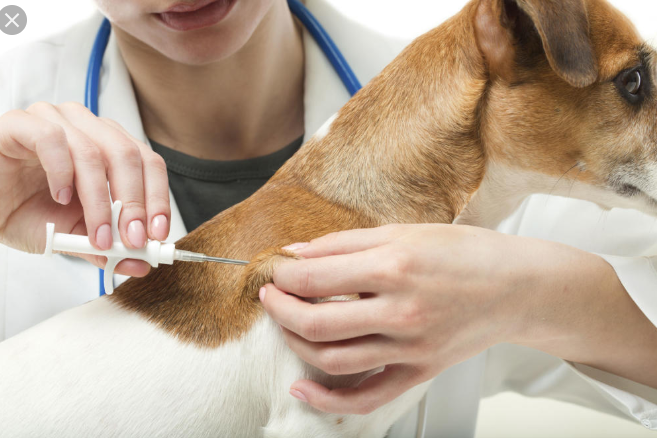Not so long back, we made a remedial mushroom outcome for dogs suffering from cancer. The insane part is, this didn’t just aid with cancer. It was discovered that mushrooms moreover assisted dogs with all kinds of allergies in dogs.
Mushrooms comprise a substance known beta-glucans.
Beta-glucan is a fiber identified in the cell walls of some substances, particularly mushrooms. Beta-glucan is moreover present in many kinds of algae, seaweed, certain cereals (grains) or yeast.
Though, just beta-glucans from specific mushrooms have immune change characteristicsand can act as Allergy Medicine For Dogs. Beta-glucans alter the immune system response of allergies by connecting to precise immune cells. This changes their reaction & prohibits inflammation, auto-immunity along with allergic reactions they may trigger.

Beta-glucans may also trigger immune cells named macrophages. Macrophage aim, trap and remove foreign substances which do not belong to the body, such as viruses and cancerous cells.
Hence, as you provide beta-glucan to your dog, the immune cells of the dog will turn more effective and stronger.
Yet not all of the mushrooms comprise beta-glucans
• Maitake (Grifola frondosa)
• Shiitake (Lentinula edodes)
• Reishi (Ganoderma lucidum)
• Turkey Tail (Trametes Versicolor)
• Cordyceps (Cordyceps Sinensis)
If you are purchasing medicinal mushrooms or remedial mushrooms for your pup, be sure that your mushroom does have a certification of study with a beta-glucan content with a minimum of 30percent. And make sure that the mushroom item doesn’t have a higher starch content, therefore you understand that beta-glucans are obtained from mushrooms, not inexpensive cereals or grains. Middle-sized dogs should have about 400 to 500 milligrams of mushrooms, one time or twice a day.
Quercetin And Dog Allergies
Quercetin is, therefore, a phytonutrient observed in vegetable fruit. This is an antioxidant but additionally an antihistamine and an anti-inflammatory agent. Quercetin is termed Nature’s Benadryl as it can switch off the manufacturing of histamine. Histamines seem to be chemicals that trigger allergic reactions, and study has revealed that quercetin avoids the release of histamines by the immune cells.
